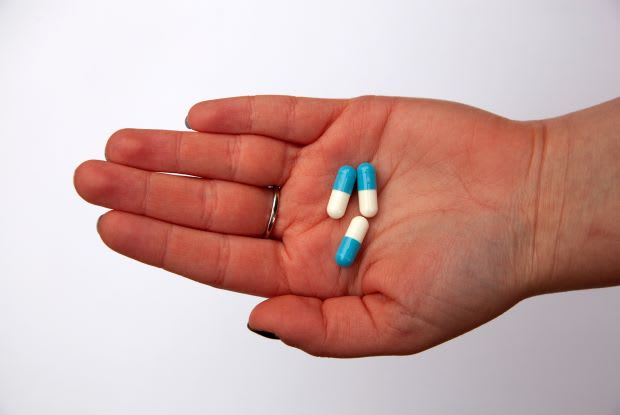Table of Contents
I. Treating Motility Disorders with Medication
II. Surgical Treatment Options
Motility disorders refer to a group of conditions that affect the gastrointestinal (GI) tract. These conditions typically cause abnormal intestinal contractions or spasms that reduce the body’s digestive efficiency.
Peristalsis refers to the proper process of moving food through the digestive system. Motility disorders such as gastroparesis and achalasia can cause this process to fail, leading to symptoms like regurgitation, nausea, and abdominal discomfort. Read on to learn about medical, dietary, and surgical treatment options for motility disorders.
Treating Motility Disorders with Medication
a. Gastroparesis
If you have motility issues, your doctor may perform a scintigraphy or a series of breath tests to determine how fast your stomach empties after eating and the rate at which food leaves your stomach. Your doctor may also conduct an ultrasound or an upper GI endoscopy to scan for other conditions, such as ulcers or kidney problems.
Medically, gastroparesis is typically treated with drugs that stimulate the stomach muscles to move properly. One commonly prescribed medication for gastroparesis is Reglan (metoclopramide). Domperidone, better known by its brand name Motilium, may works similarly and may have fewer side effects than Reglan. Motilium can be found on Canada Pharmacy Depot’s drug page. Gastroparesis can cause moderate to severe symptoms of nausea and vomiting, so your doctor may also prescribe a drug like Zofran to relieve your motility disorder symptoms. Zofran consists of ondansetron, which works to treat nausea and vomiting by blocking the vomit-inducing substance serotonin. Achalasia is treated slightly differently than gastroparesis. With this condition, your doctor may prescribe calcium-channel blockers and nitrates to decrease blood flow to your esophageal sphincter. [1] By lowering blood flow, this type of treatment can reduce blood pressure and enable you to swallow more easily. [2] This type of motility disorder may also be treated with botulinum toxin injections. Botox injections work similarly to calcium-channel blockers and help relax the esophagus to make swallowing easier. [1] If you have been diagnosed with irritable bowel syndrome (IBS), your doctor may prescribe several antibiotics to decrease the problematic bacteria in your digestive system. Reducing the bacteria in your bowels can also relieve symptoms of diarrhea. Some people with IBS are more affected by constipation than diarrhea. If this is the case, your doctor may prescribe Linzess (linaclotide) or Amitiza (lubiprostone) to increase the fluid in your small intestines. These medications may make diarrhea more likely, but they will make it easier to pass stool. For some motility disorders, medications may not be enough, and surgery may be required. For example, related conditions like Hirschsprung disease can be life-threatening and surgery is often necessary. Hirschsprung’s disease causes problems with passing stool and is due to missing nerve cells in the colon. Several surgical procedures are available for those with Hirschsprung disease. These include a pull-through procedure and an ostomy surgery. A pull-through procedure involves removing the part of the large intestine that is missing nerve cells. The surgeon will then patch the healthy part of the intestine to the anus. An ostomy surgery involves removing stool through the abdominal wall, bypassing the anus entirely. An ostomy pouch is attached to the opening in the abdomen (stoma) and is subsequently worn on the outside of the body to collect stool. After an ostomy surgery, the patient or caretaker will be required to empty the ostomy pouch several times daily. [3] Regardless of the treatment option you choose for your motility condition, a diet change will likely improve your symptoms. Ask your doctor about the diet best for you. Generally, a good diet to improve motility includes: Having a motility disorder means you will typically need to avoid high-fiber food items. The exception is if you have certain types of constipation; your doctor may recommend more fiber in your diet in this case. [1] There are constantly new studies and findings when it comes to gut and motility health. Ongoing research in this field gives hope for better and more effective treatment options in the future. [4] If you have been prescribed Zofran or Reglan, visit our order page to fill your prescription today. The content provided in this article is based on thorough research and in some cases, reviewed by a medical professional. Our goal for the information is to provide helpful, general health informational. It is not intended as a substitute for professional medical advice.
b. Achalasia
c. Irritable Bowel Syndrome

Surgical Treatment Options for Motility Disorders

Changing Your Diet to Improve Motility
